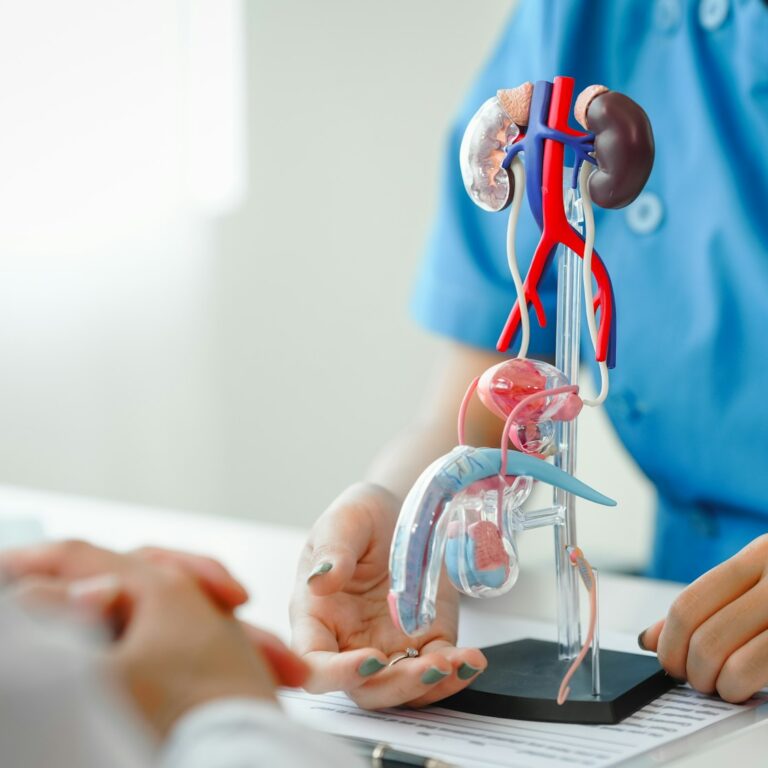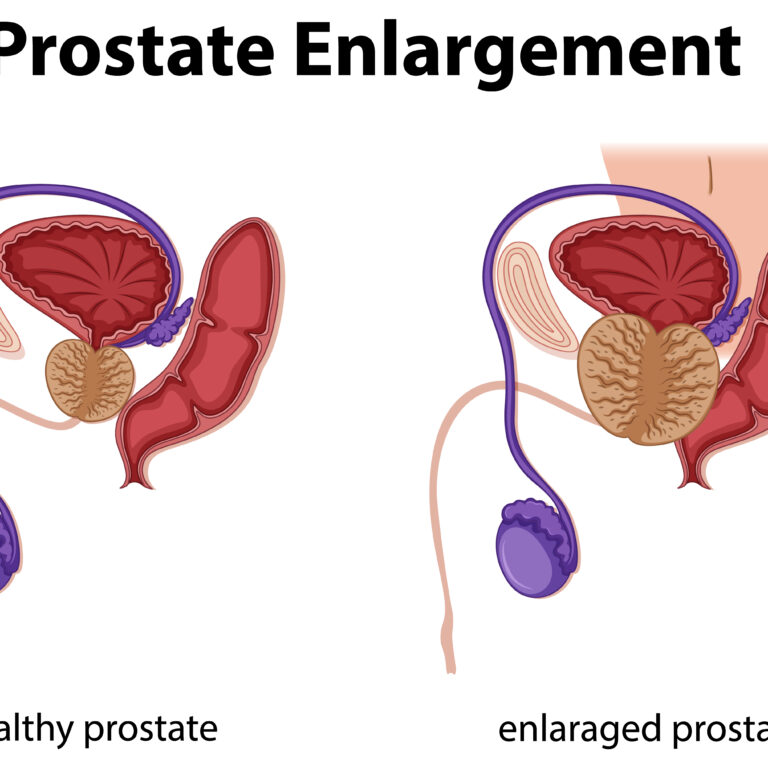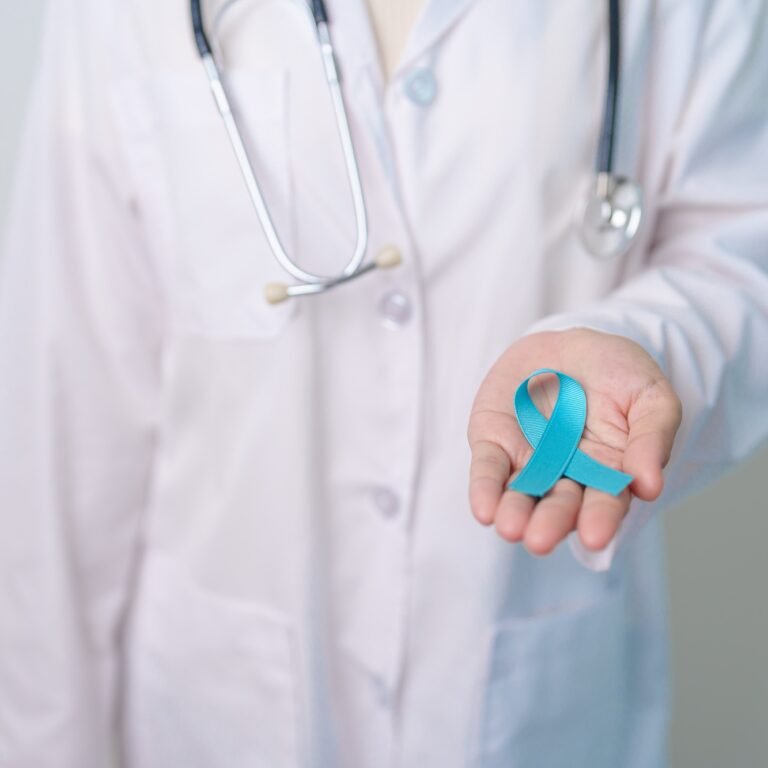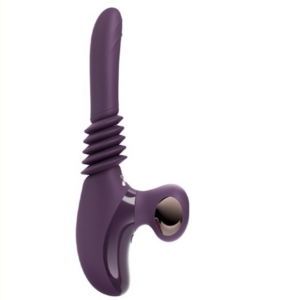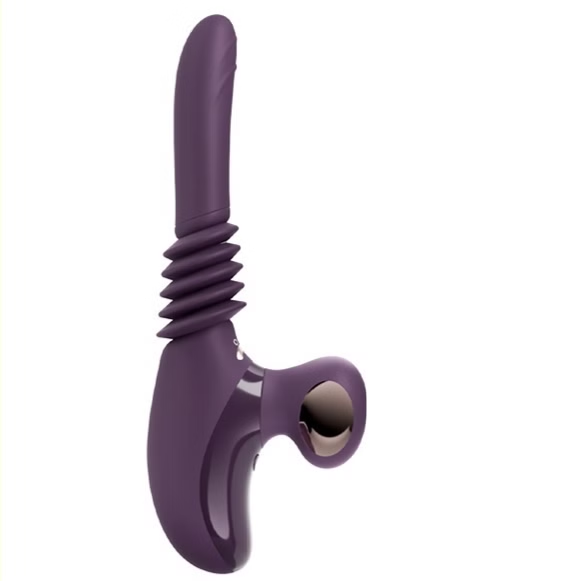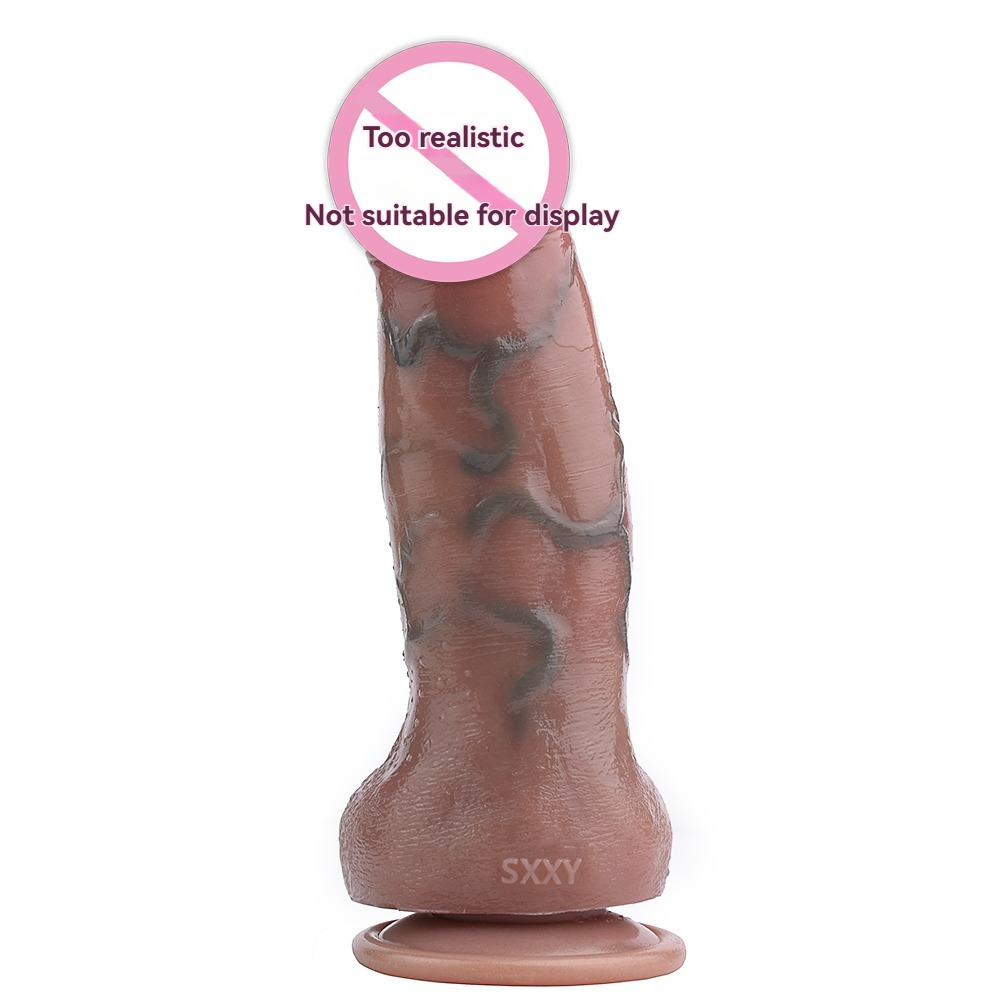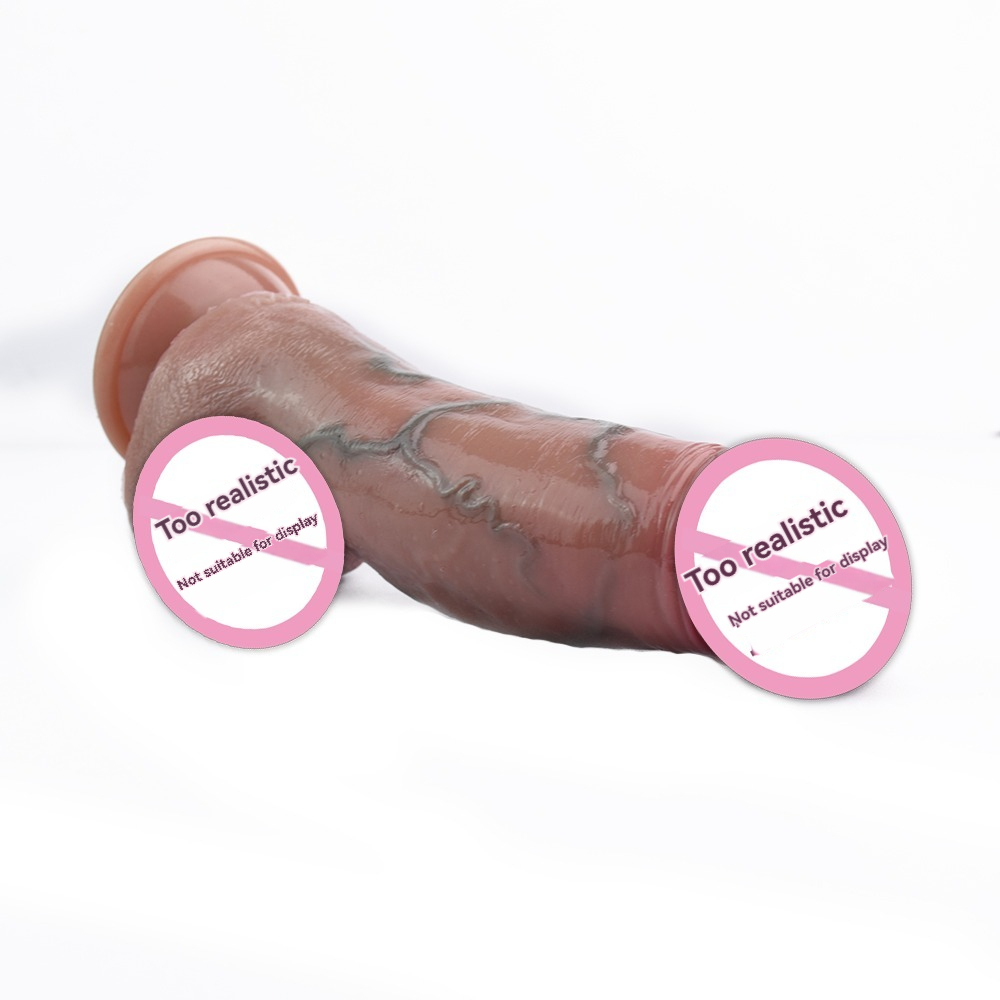How to Sexually Transition Without Losing Your Sex Drive: A Comprehensive Guide

Key Takeaways
- Understanding the Impact of Hormone Therapy: Learn how feminizing or masculinizing hormone treatments affect libido and how to navigate these changes.
- Choosing the Right Medical Approach: Explore customizable hormone regimens to minimize the risk of sex drive loss.
- Lifestyle Factors: Discover how diet, exercise, and mental health can help preserve and even enhance libido.
- Communication with Healthcare Providers: Gain confidence in advocating for your needs during medical appointments.
- Emotional and Psychological Support: Understand how counseling and community connections can support your mental and sexual health.
- Alternative Therapies and Supplements: Consider natural ways to maintain or boost libido safely.
- Personal Experiences and Success Stories: Draw inspiration and guidance from those who have successfully navigated the same journey.
Table of Contents
- Introduction
- Understanding Hormones and Sex Drive
- Medical Options to Minimize Sex Drive Loss
- Lifestyle Factors That Influence Sex Drive
- Communication with Healthcare Providers
- Emotional and Psychological Support
- Alternative Therapies and Supplements
- Maintaining Intimacy and Relationships
- Personal Experiences and Success Stories
- Frequently Asked Questions
- Conclusion
- Resources for Further Support
1. Introduction
The Importance of Sexual Health During Transition
Sexual transition is a deeply personal and transformative process that involves both physical and emotional changes. Among the many aspects to navigate, maintaining a healthy sex drive is often a top concern for individuals undergoing hormone therapy or other medical interventions.
Sexual health is more than just libido—it’s tied to self-esteem, intimacy, and overall quality of life. Understanding the factors that influence sex drive during transition empowers you to make informed choices and advocate for your well-being.
Purpose of This Guide
This guide aims to:
- Educate you about the impact of hormone therapy on libido.
- Provide practical strategies to maintain or enhance your sex drive.
- Address the emotional and relational challenges of transitioning.
- Offer real-life insights and actionable advice to support you throughout your journey.
Whether you’re at the beginning of your transition or further along, this guide is designed to meet you where you are and help you move forward with confidence.

2. Understanding Hormones and Sex Drive
Hormones are powerful chemicals that regulate many functions in the body, including sexual desire. Understanding their role is key to anticipating and managing changes in libido during transition.
Role of Testosterone and Estrogen
- Testosterone: Known as the “libido hormone,” testosterone plays a significant role in driving sexual desire. Higher levels typically correlate with increased libido.
- Estrogen: While estrogen is essential for sexual health, its effects on libido can vary. Feminizing hormone therapy often lowers testosterone levels, which may reduce sex drive.
How Hormone Therapy Affects Libido
Hormone therapy is a cornerstone of gender-affirming care, but its effects on libido can vary depending on the type of therapy:
- Feminizing Hormone Therapy (MTF): Often involves estrogen and anti-androgens, which lower testosterone levels. Many individuals report a decrease in spontaneous arousal but an increase in emotional connection during intimacy.
- Masculinizing Hormone Therapy (FTM): Increases testosterone levels, often resulting in heightened libido. However, some individuals may experience fluctuations as their body adjusts.
Factors Influencing Libido Changes:
- Dosage and type of hormones.
- Pre-existing health conditions.
- Emotional readiness and mental health.
Managing Expectations:
Libido may fluctuate during the initial stages of therapy. Patience and open communication with your healthcare provider are essential for finding the right balance.
3. Medical Options to Minimize Sex Drive Loss
Working closely with medical professionals can help you customize a hormone regimen that aligns with your sexual health goals.
Customized Hormone Regimens
Not all bodies respond the same way to hormone therapy. Individualized treatment plans take into account your unique physiology, goals, and concerns.
Considerations for Customization:
- Adjusting dosages to balance feminizing or masculinizing effects with libido preservation.
- Exploring alternative delivery methods, such as patches, gels, or injections.
Working with Endocrinologists
An experienced endocrinologist is invaluable in guiding you through the complexities of hormone therapy. They can help monitor your progress and make adjustments as needed.
What to Look for in a Provider:
- Familiarity with transgender care guidelines, such as WPATH Standards of Care.
- Willingness to discuss your sexual health concerns openly and respectfully.
Monitoring Hormone Levels
Regular blood tests are essential for tracking hormone levels and ensuring they remain within optimal ranges for both health and libido.
Key Hormones to Monitor:
- Testosterone: Low levels may affect arousal and energy.
- Estrogen: Excessively high levels can lead to side effects that impact sexual function.
- Prolactin: Elevated levels can sometimes suppress libido.
4. Lifestyle Factors That Influence Sex Drive
Lifestyle choices play a significant role in supporting or inhibiting libido, especially during sexual transition. These factors can amplify the benefits of medical interventions and help maintain overall sexual health.
Nutrition and Diet
What you eat has a direct impact on your hormonal balance, energy levels, and overall sexual function. A well-rounded diet can support libido and improve your body’s response to hormone therapy.
Foods That Support Hormonal Balance:
- Healthy Fats:
- Avocados, nuts, and seeds contain omega-3 and omega-6 fatty acids that promote hormone production.
- Fatty fish like salmon and mackerel support cardiovascular health, improving circulation.
- Leafy Greens:
- Kale, spinach, and arugula are high in magnesium, which helps relax blood vessels and enhance arousal.
- Zinc-Rich Foods:
- Oysters, pumpkin seeds, and chickpeas help regulate testosterone levels, benefiting libido.
- Whole Grains:
- Provide sustained energy and reduce stress-related libido dips.
What to Avoid:
- Excessive alcohol: Can dampen libido and interfere with hormonal balance.
- Processed foods: High in sugar and trans fats, which can contribute to inflammation and fatigue.
Exercise and Physical Activity
Regular exercise not only improves physical health but also has a profound impact on sexual desire and performance.
Benefits of Exercise for Libido:
- Improved Circulation: Regular cardio enhances blood flow, essential for arousal and sensation.
- Hormonal Boost: Weight training and high-intensity workouts can naturally increase testosterone levels.
- Stress Reduction: Exercise releases endorphins, counteracting the negative effects of cortisol on libido.
Recommended Activities:
- Cardiovascular Workouts: Running, cycling, or swimming for at least 30 minutes, 3-5 times a week.
- Strength Training: Incorporating weightlifting to boost testosterone and improve body confidence.
- Yoga or Pilates: Enhances flexibility, reduces stress, and strengthens pelvic muscles.
Sleep and Stress Management
Sleep and stress are often overlooked factors that significantly influence sexual health. Poor sleep and chronic stress can disrupt hormones and diminish libido.
The Impact of Sleep on Libido:
- Sleep deprivation lowers testosterone levels in both men and women, reducing desire.
- Quality sleep enhances mood and energy, which are crucial for maintaining intimacy.
Stress Management Techniques:
- Meditation: Daily mindfulness exercises to calm the mind and reduce cortisol levels.
- Deep Breathing: Techniques like diaphragmatic breathing can be practiced before intimacy to ease tension.
- Time Management: Reducing overcommitment allows for better focus on personal and relational needs.
5. Communication with Healthcare Providers
Open dialogue with your healthcare team is essential for addressing concerns and tailoring your treatment plan to preserve libido.
Preparing for Appointments
Being well-prepared for medical appointments ensures that you make the most of your time with healthcare providers.
Tips for Preparation:
- Keep a Symptom Journal: Track libido fluctuations, mood changes, and physical symptoms related to hormone therapy.
- Research Questions in Advance: Write down concerns such as, “How can we adjust my hormone levels to support my sex drive?”
- Bring a Supportive Partner or Friend: Having someone with you can provide emotional support and help you remember important details.
Asking the Right Questions
Knowing what to ask your healthcare provider is key to understanding your options and taking control of your sexual health.
Questions to Consider:
- “What are the expected effects of hormone therapy on libido?”
- “Are there alternative medications that might better support my sexual health?”
- “How often should my hormone levels be tested to ensure optimal results?”
Advocating for Your Needs
Advocating for yourself in medical settings can feel intimidating, but it’s crucial for ensuring you receive the care you deserve.
How to Advocate Effectively:
- Be Assertive: Clearly communicate your goals and concerns, e.g., “Maintaining my libido is very important to me.”
- Request Clarifications: Don’t hesitate to ask for simpler explanations if medical terms are confusing.
- Seek Second Opinions: If you feel your concerns aren’t being addressed, consult another specialist for a fresh perspective.
A man and woman share a moment of tension in a softly lit bedroom, reflecting the complexities of their relationship.
6. Emotional and Psychological Support
Transitioning involves profound emotional changes that can influence your sexual health. Prioritizing mental well-being is vital for maintaining a positive outlook and a healthy libido.
Counseling and Therapy
Working with a therapist who specializes in transgender issues can provide invaluable support during your transition.
Benefits of Therapy:
- Addresses body image concerns that may affect confidence and intimacy.
- Provides tools to manage stress, anxiety, and depression.
- Offers a safe space to discuss sexual health concerns openly.
Finding the Right Therapist:
- Look for professionals experienced in LGBTQ+ care or transgender-specific therapy.
- Consider online platforms like BetterHelp for accessible counseling options.
Support Groups and Communities
Connecting with others who share your experiences can foster a sense of belonging and provide practical advice.
Where to Find Support:
- Local LGBTQ+ centers often host transgender support groups.
- Online forums like Reddit’s r/asktransgender or dedicated Facebook groups.
- National organizations like PFLAG or The Trevor Project.
Mindfulness and Mental Well-being
Mindfulness practices help reduce stress, improve self-awareness, and create a stronger connection between mind and body.
Mindfulness Techniques:
- Body Scanning: Focus on physical sensations to identify tension and release it.
- Guided Meditation: Apps like Calm or Headspace offer tailored programs for relaxation.
- Gratitude Journaling: Writing down positive experiences fosters an optimistic outlook, boosting emotional health.
7. Alternative Therapies and Supplements
In addition to medical treatments and lifestyle changes, alternative therapies and supplements can play a role in maintaining or enhancing libido during sexual transition. While these methods should complement—not replace—medical advice, they may provide valuable support for some individuals.
Natural Supplements for Libido
Certain natural supplements are known to support hormonal balance, energy, and sexual desire. However, always consult with a healthcare provider before adding supplements to your routine to avoid interactions with hormone therapy or other medications.
Popular Libido-Boosting Supplements:
- Maca Root:
- Often referred to as “nature’s Viagra,” maca has been shown to enhance libido and stamina.
- Available in powder or capsule form, it can be added to smoothies or taken as a daily supplement.
- Ginseng:
- Known for its energy-boosting properties, ginseng may improve sexual function and overall vitality.
- Tribulus Terrestris:
- Commonly used in traditional medicine to enhance libido and testosterone levels.
- L-Arginine:
- An amino acid that promotes blood flow, potentially improving arousal and sensation.
Supplement Safety Tips:
- Research the source and quality of supplements. Look for third-party testing certifications.
- Start with the lowest recommended dose to gauge tolerance and effectiveness.
- Discontinue use if you experience adverse effects and consult your doctor immediately.
Acupuncture and Holistic Practices
Acupuncture, a traditional Chinese medicine technique, involves inserting thin needles into specific points on the body to promote energy flow and balance. While research on its effects on libido is limited, some individuals report benefits.
Potential Benefits of Acupuncture:
- Stress Reduction: Helps alleviate anxiety and improve relaxation, which can positively impact libido.
- Hormonal Balance: Stimulates endocrine function to support hormone regulation.
- Improved Circulation: Enhances blood flow, which is essential for arousal and sensation.
Other Holistic Practices:
- Aromatherapy: Essential oils like ylang-ylang, jasmine, and sandalwood are believed to have aphrodisiac properties.
- Massage Therapy: Regular massages can reduce stress, enhance intimacy, and promote physical connection.
Safety and Efficacy Considerations
While alternative therapies can be beneficial, it’s essential to approach them with caution:
- Evidence-Based Choices: Prioritize methods supported by scientific research or credible anecdotal evidence.
- Consult Your Doctor: Ensure any alternative therapy aligns with your hormone therapy and overall health plan.
- Avoid Overpromising Claims: Be wary of products or practices that guarantee dramatic results without substantial evidence.
8. Maintaining Intimacy and Relationships
Sexual transition can bring changes to your relationships and intimacy dynamics. Navigating these changes with empathy, patience, and open communication is key to maintaining a strong connection with your partner.
Communicating with Partners
Effective communication about sexual health and desires fosters understanding and strengthens relationships during transition.
How to Approach Conversations:
- Be Honest but Gentle: Use “I” statements to express your feelings, e.g., “I’ve noticed changes in my libido, and I’d like to talk about how we can adapt together.”
- Set Aside Dedicated Time: Choose a calm, distraction-free setting to discuss sensitive topics.
- Encourage Open Dialogue: Invite your partner to share their feelings and concerns as well.
Exploring New Forms of Intimacy
Intimacy isn’t limited to sexual activity. Exploring non-sexual ways to connect can strengthen your bond and provide reassurance during periods of adjustment.
Ideas for Non-Sexual Intimacy:
- Physical Touch: Holding hands, cuddling, or giving each other massages fosters closeness.
- Shared Activities: Take up a hobby together, such as cooking, hiking, or painting.
- Emotional Connection: Have deep, meaningful conversations or revisit shared memories to reinforce your bond.
Navigating Changes Together
Relationships evolve as individuals grow and change. Supporting each other through these transitions can deepen trust and partnership.
Tips for Navigating Changes:
- Be Patient: Recognize that adjusting to new dynamics takes time.
- Seek Couples Counseling: A therapist can help you both navigate challenges and improve communication.
- Celebrate Progress: Acknowledge small milestones, such as overcoming a difficult conversation or rediscovering intimacy.
9. Personal Experiences and Success Stories
Hearing from others who have successfully navigated their transitions can provide hope, inspiration, and practical advice.
Interviews with Trans Individuals
Real-life stories highlight the diverse experiences of those who have balanced their sexual health with the challenges of transitioning.
Examples:
- Jamie, 32 (FTM):
“When I started testosterone, my libido skyrocketed. I had to learn how to channel this energy into healthy outlets while adjusting to my new body.” - Sophia, 27 (MTF):
“My sex drive decreased initially, but open communication with my partner and using lubricants helped us maintain intimacy.”
Lessons Learned and Advice
The journey is unique for everyone, but common themes emerge from shared experiences:
- Stay proactive about health by regularly consulting your medical team.
- Embrace patience as your body and emotions adjust to new changes.
- Lean on community support for guidance and encouragement.
Overcoming Challenges
Challenges are inevitable, but resilience and adaptability make overcoming them possible.
Common Challenges and Solutions:
- Fluctuations in Libido: Normalize these changes and explore new ways to connect with your partner.
- Body Image Issues: Practice self-compassion and seek support from body-positive communities.
- Partner Concerns: Address your partner’s fears or insecurities by fostering open and empathetic discussions.

10. Frequently Asked Questions
Will I lose my sex drive completely?
Not necessarily. Many individuals experience changes in libido during hormone therapy, but these changes can often be managed with medical guidance and lifestyle adjustments.
Can I adjust my hormone therapy to improve libido?
Yes, under the supervision of a knowledgeable healthcare provider. Hormone dosages and delivery methods can be tailored to balance feminizing or masculinizing effects with sexual health.
Are there medications to enhance sex drive during transition?
Options like low-dose testosterone patches or topical creams may help. Discuss these with your doctor to determine what’s safe and effective for you.
How do I discuss sexual concerns with my doctor?
Prepare by writing down your questions and concerns. Be honest and direct, emphasizing that sexual health is a priority for you.
Is it normal to experience fluctuations in libido?
Yes, libido often fluctuates during transition due to hormonal, emotional, and physical changes. These fluctuations usually stabilize over time.
Can lifestyle changes really make a difference?
Absolutely. Nutrition, exercise, stress management, and sleep quality all play critical roles in maintaining a healthy libido.
11. Conclusion
Recap of Key Points
Maintaining your sex drive during sexual transition is a multifaceted journey that involves understanding your body, communicating your needs, and making proactive lifestyle choices. Here’s a summary of the essential strategies discussed:
- Understand the Role of Hormones: Feminizing or masculinizing therapies can influence libido, but individualized regimens and regular monitoring help maintain balance.
- Optimize Lifestyle Choices: Nutrition, exercise, and stress management can greatly enhance libido and overall well-being.
- Communicate Effectively: Open dialogue with healthcare providers and partners ensures your needs are addressed.
- Seek Emotional Support: Counseling, community groups, and mindfulness practices support mental health and sexual confidence.
- Explore Alternative Therapies: Supplements and holistic approaches may complement traditional treatments when used safely.
Encouragement to Take Control of Your Sexual Health
Your sexual health is a vital component of your overall well-being, and you have the power to take charge of it. By staying informed, advocating for your needs, and seeking support, you can navigate this transformative journey with confidence and resilience.
Remember, sexual transition is not a one-size-fits-all experience. Your path will be as unique as you are, and it’s okay to ask for help, experiment, and adjust along the way. The key is to remain patient, proactive, and true to yourself.
12. Resources for Further Support
Books and Articles
- “Trans Bodies, Trans Selves” (Laura Erickson-Schroth): A comprehensive resource on transgender health, including sections on sexuality and relationships.
- “Why Gender Matters” (Leonard Sax): Explores how biological and social factors influence gender and sexual health.
- WPATH Standards of Care (7th Edition): The World Professional Association for Transgender Health’s guide to best practices for medical and psychological care.
Organizations and Helplines
- Planned Parenthood: Offers resources on transgender health and hormone therapy.
- The Trevor Project: A helpline for LGBTQ+ individuals, providing support and crisis intervention.
- Trans Lifeline: A peer support hotline run by trans individuals for trans individuals.
Online Forums and Communities
- Reddit’s r/asktransgender: A welcoming space for advice and sharing experiences.
- Facebook Transgender Support Groups: Look for private groups focused on health and wellness.
- Gender Spectrum: Offers online discussion groups for individuals and families navigating gender diversity.
References
- Deutsch, M. B. (2016). Guidelines for the Primary and Gender-Affirming Care of Transgender and Gender Nonbinary People. Center of Excellence for Transgender Health.
- WPATH (2012). Standards of Care for the Health of Transsexual, Transgender, and Gender Nonconforming People (7th Version). World Professional Association for Transgender Health.
- Gooren, L. J., & Giltay, E. J. (2008). Review of Studies of Androgen Treatment of Female-to-Male Transsexuals: Effects and Risks of Administration of Androgens to Females. Journal of Sexual Medicine, 5(4), 765-776.
- Seal, L. J. (2017). A Review of the Physical and Metabolic Effects of Cross-Sex Hormone Therapy in Transsexual Patients. Annals of Clinical Biochemistry, 54(1), 7-27.
- Colizzi, M., Costa, R., & Todarello, O. (2014). Transsexual Patients’ Psychiatric Comorbidity and Positive Effect of Cross-Sex Hormonal Treatment on Mental Health. Psychoneuroendocrinology, 39, 65-73.
- Nemoto, T., Bödeker, B., & Iwamoto, M. (2011). Social Support, Exposure to Violence and Transphobia, and Correlates of Depression Among Male-to-Female Transgender Women with a History of Sex Work. American Journal of Public Health, 101(10), 1980-1988.








